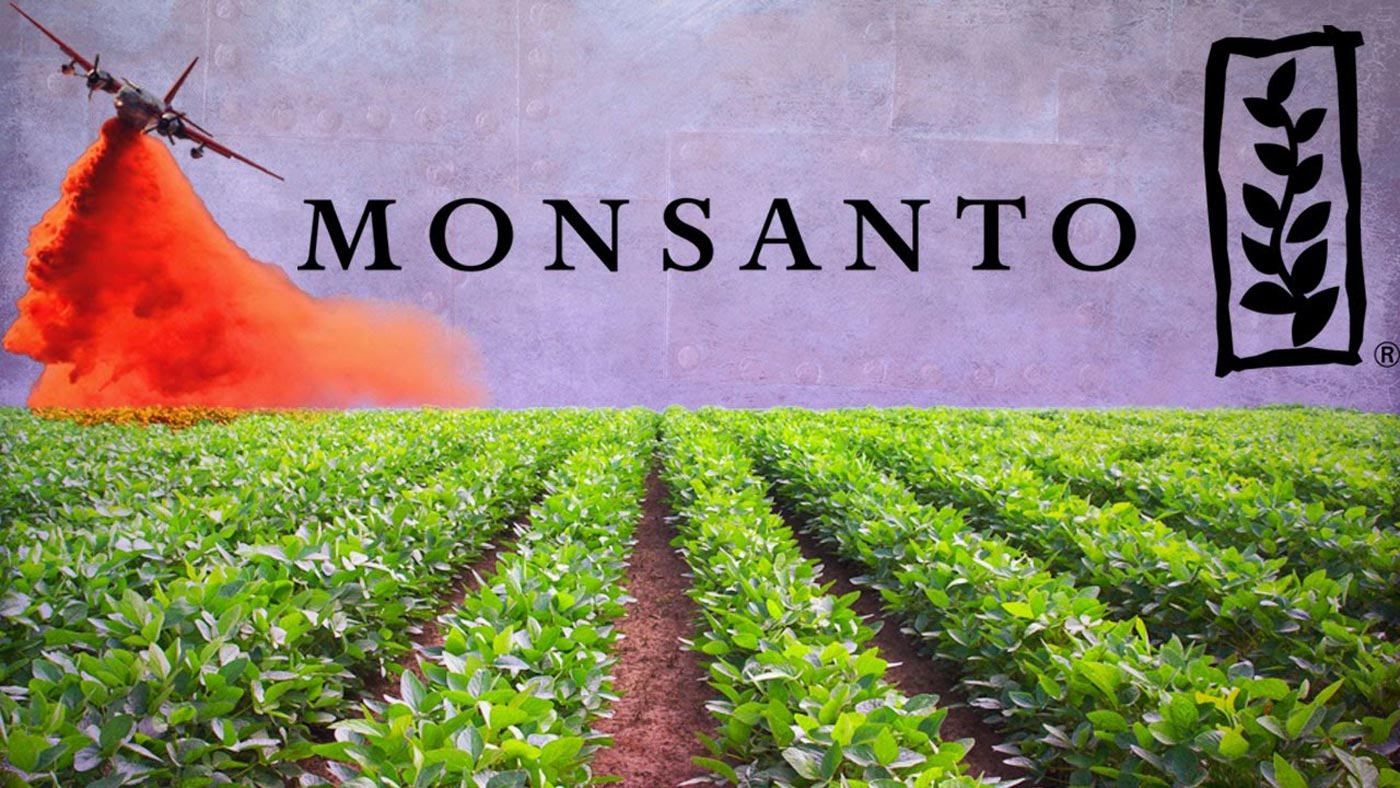
Monsanto’s GM cotton seeds have helped Indian farmers in many ways.
In a move that could lead to a dispute between Washington and New Delhi, India’s Ministry of Agriculture, the ministry has decided to reduce the royalties to be paid to agrochemical company Monsanto.
Reuters has reported that the ministry has decided to cut down the royalties paid to the company by Indian seed companies for its genetically modified (GM) cotton by 20.4%.
When the agricultural ministry cut down the royalties by about 70% in 2016, Monsanto had threatened to leave India. It had also led to a dispute between the US and India.
“It is unfortunate that today’s order further erodes trait fees (royalties), which are now less than 0.5% of the cost of cultivation, while the technology continues to provide value to farmers across India,” a spokesman for Monsanto’s India joint venture, Mahyco Monsanto Biotech (India) (MMB), told Reuters.
In addition to cutting down the royalties, the government has also reduced the prices of GM cotton seeds by 7.5% to Rs 740 (roughly $11) for a packet of 450 grams. The move is to help the farmers who have suffered the loss of crop due to pest infestations.
Monsanto’s GM cotton seeds have helped Indian farmers in many ways. With the sharp increase in cotton output, India’s export also increased substantially.
But the government’s decision to reduce the price and royalties of seeds has become a point of concern for the agrochemical giant. The company is of the view that there should be a predictable business environment to survive and attract more investment in the agricultural sector.
Indian seed makers produce GM cotton seeds using Monsanto’s technology and pay the company for using the same. Now the producers are also raising their voice against reducing the price of seeds since it will affect their business as well.
“The new, low price would definitely impact seed supply and seed availability this year. And also next year’s seed production. NSAI may even file a writ petition against the government decision,” Kalyan Goswami, director general of National Seed Association of India, told Reuters.
The association has already threatened to stop supplies to 8 million cotton farmers to protest the administration’s decision.
The government move may trigger another point of dispute with the US administration. Earlier, the US had claimed at the World Trade Organization (WTO) that India was trying to protect its booming solar industry by discriminating against American companies.



